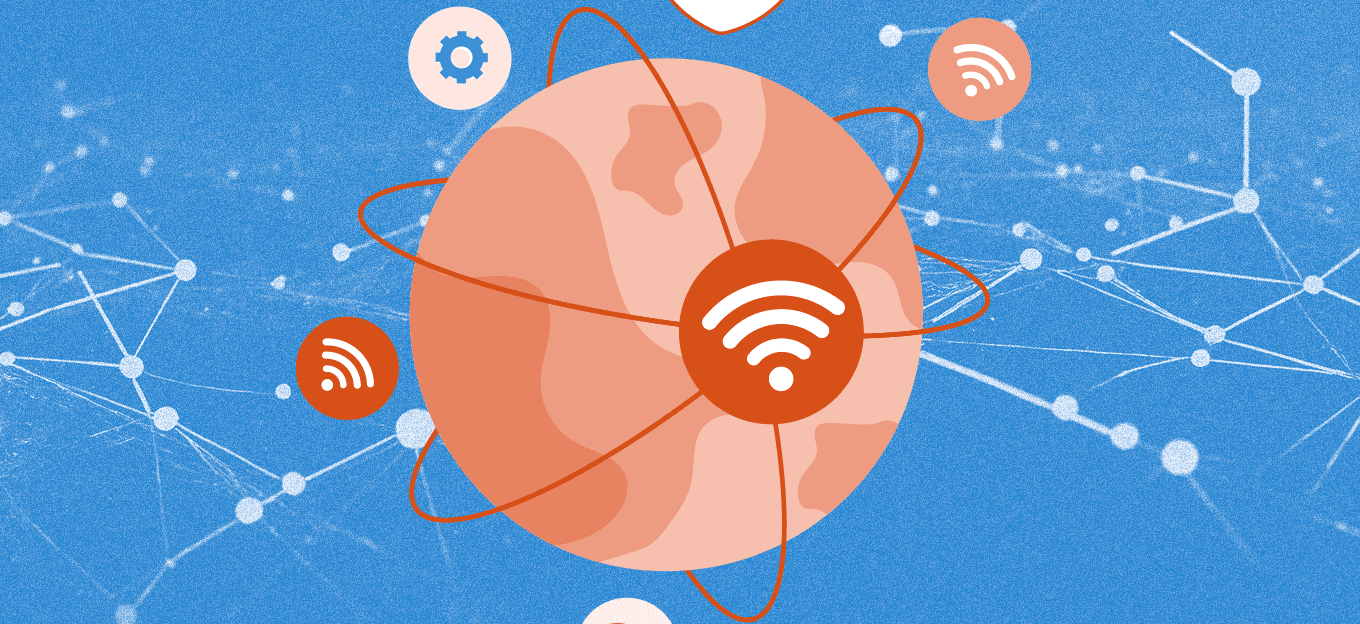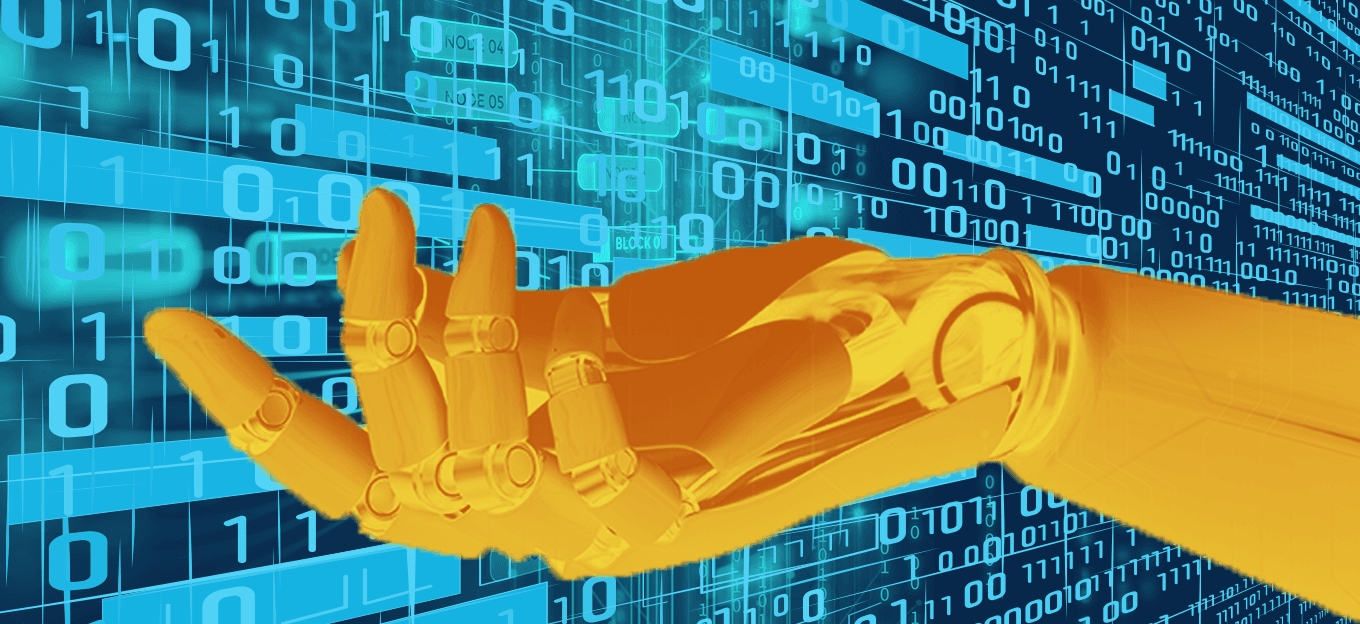Human-Centric Future Hinges on Owning Personal IoT Data
Human-Centric Future Hinges on Owning Personal IoT Data
- Last Updated: December 2, 2024
IoTeX
- Last Updated: December 2, 2024



Knowledge is power, and Big Tech knows it. For years, companies like Google, Amazon, and Facebook have practiced Surveillance Capitalism, offering free services to collect detailed user data, often without explicit user consent. Analyzing this data allows these companies to improve product design, customer retention, and revenue-producing initiatives – like auctioning ad space on their services, sharing sensitive user data in the process to allow advertisers to reach their target consumers.
The story has become far too familiar: Big Tech profits from the information they collect on their users, and the users see no share of the value of their own data.
Big Tech
Today, the problem is more personal than ever. With the emergence of Internet-connected devices, tech companies have a new window into our behavior at our most vulnerable. As of 2020, there are approximately 98 million Smart Homes in the world and, in the United States, the average person owns more than 8 connected devices. The slew of personal data produced by these devices is a gold mine for Surveillance Capitalists. They have long been able to monitor our digital presence, but the issue is magnified with the physical devices that can see, hear, and sense us in the privacy of our homes.
New developments in blockchain, secure hardware, and decentralized identity can help us build devices that prioritize user privacy.
Big Tech knows what they stand to gain from owning our physical and digital data, and they are betting big on such acquisitions. Decisions in recent years from Google and Amazon to purchase Nest, Fitbit, Ring, and PillPack reveal a new strategy to absorb companies for their data. The largest tech companies are no longer satisfied monitoring our behavior online; they want to take a look at what is happening inside our bodies and homes – they want to see who we are at our most personal so that they can profit.
The good news is: people do not seem to want it this way, and we have the technology to create an alternate future. As of 2019, 85% of US adults say they are concerned about privacy, and 62% are “very uncomfortable” with companies being able to sell data related to them. Still, people have seemed to accept a false trade-off, sacrificing their privacy for the convenience of the services they use. It does not have to be this way.
New Developments
New developments in blockchain, secure hardware, and decentralized identity can help us build devices that prioritize user privacy. We have seen the emergence of “privacy by design” smart devices that give everyday people exclusive ownership over their data. This is exactly what we need to shift control away from big corporations and ourselves.
As it stands, our personal data represent the raw materials that fuel Big Tech's surveillance activities and profits. With privacy-preserving technology, on the other hand, users directly control their own data, opening the door to new, user-centric business models and economies.
Big Tech advertisers would have to request information from us to obtain these inputs needed to power their businesses if we own our own data. Instead of tech corporations collecting our data to sell digital profiles to multiple third parties, we would have the leverage to decide who can see our data, why, for how long, and at what price. We would finally become shareholders in the data products that we create.
User Autonomy
Not only does this provide autonomy to the individual, but it also creates the possibility of new markets where participants can strategically sell or purchase data while receiving fair compensation for their role in creating, collecting, or curating it. While it is not difficult to imagine the economic opportunities this creates for small parties with expertise managing data, no one benefits more than the user. The user becomes a real player in the data economy instead of a powerless entity used for the profit of large corporations.
With privacy-by-design devices, users can commodify their own data and reap economic rewards for sharing their information. Like this, the data economy gains innumerable new dimensions, new opportunities for deal-making, and the individual gains financial incentive for sharing their data with whoever they choose. Everybody wins.
Internet of Things is here to stay. The convenience of internet-connected devices is too grand for us to ignore, but it is up to us to ensure that they serve as tools and not liabilities. It is up to us to decide if these devices will improve our lives or serve as surveillance systems for Big Tech. It is time for us to rethink our infrastructure and build a data economy centered around those who produce the data. It is time for us to claim our fair share.
The Most Comprehensive IoT Newsletter for Enterprises
Showcasing the highest-quality content, resources, news, and insights from the world of the Internet of Things. Subscribe to remain informed and up-to-date.
New Podcast Episode

IoT in 2026: Trends and Predictions
Related Articles


